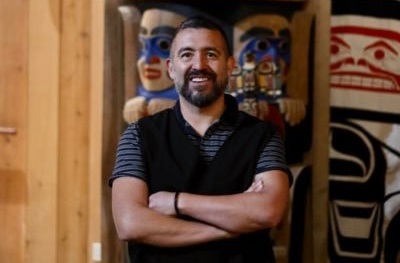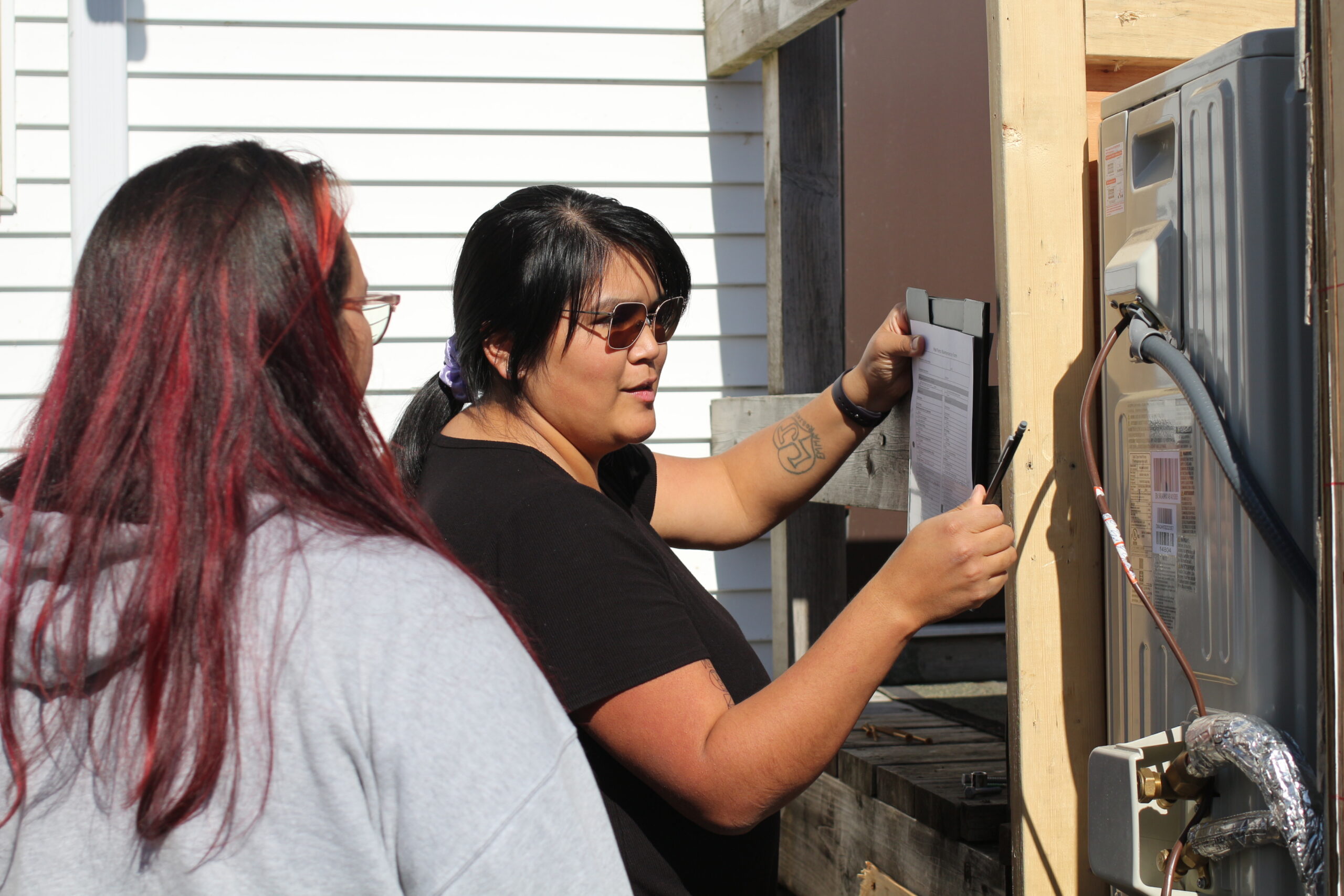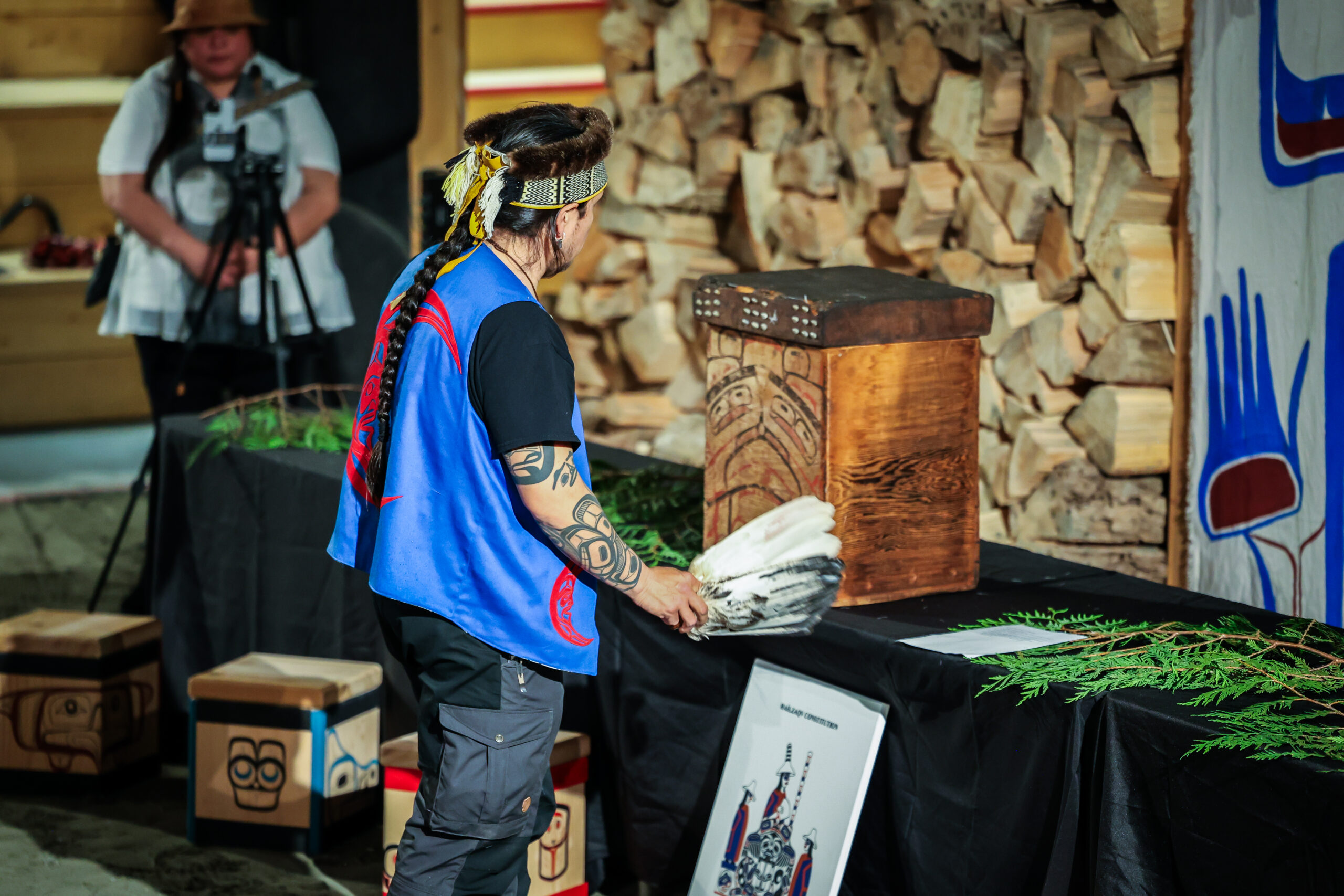The following is an excerpted and adapted Q&A with Dr. Don Wilson about how we can help prevent coronavirus from spreading into our communities.
What is the coronavirus?
The coronavirus is a brand-new disease. As a result of this no human being on the planet has an immunity to this virus. Because of this we have no means to fight off the infection.
The coronavirus primarily affects the respiratory system of humans. It is generally mild and does not cause severe disease in most people. However, there are segments of the population who are at increased risk of severe complications, such as elders and those with health problems. It can cause:
- Severe breathing difficulties
- Respiratory failure (the inability to get oxygen into the body)
- This can result in multi-system organ failure
Who does it affect?
- Elders and people over 60
- Death for those over 80 approaches 100 per cent
- Diabetics
- People with lung conditions (COPD)
- People with weaker immune systems
- Younger people have also fallen critically ill and died in their 30s, 40s, and 50s
Can children get sick?
- Children, teenagers and young adults can contract the virus but rarely become ill.
- Many young people have mild or no symptoms at all, but that means they can spread infection to older, at-risk people who spend time with nieces, nephews and grandchildren.
Physical distancing
Avoiding all unnecessary contact with people is the most important means to prevent the spread of this infection. (Along with diligent handwashing with soap and water.)
What does physical distancing mean?
- No hugs, no kisses, no handshakes
- No gathering in groups and no visiting
- Avoid gathering in closed rooms
- Keep our elderly and immune-compromised away from social gatherings
What does self-isolation mean?
People who have traveled out of the community may unknowingly bring the virus to Bella Bella when they return. Avoiding contact with others is the best means to prevent a severe, uncontrollable outbreak.
- Those who have returned should stay in their homes for 14 days. Most cases of the coronavirus infection will manifest in 2 to 14 days.
- Those who become ill with fever, cough, weakness, fatigue and difficulty breathing should stay at home and call the 811 public health line for next steps.
- Those with severe breathing difficulties should go to the hospital. If possible, someone should call ahead to let them know you are coming so arrangements can be made for proper isolation procedures.
When will it be over?
At some point, an effective vaccine will be produced. Once most people have been vaccinated – and those who have been ill have recovered and have immunity – life can return to normal.
Take care of one another
All the efforts we take to maintain social distance and avoid the spread of this virus means lives will be saved. The more diligent we are, the less people will get sick.
I would encourage each and every one of you to take a moment to consider what our Gvi’ilas would guide us to do in the face of this coronavirus threat. Historically our people have faced severe epidemics of smallpox and tuberculosis. If we had means to prevent the epidemics we faced in the past, I’m sure our Gvi’ilas would have guided us to undertake those measures.
Life is precious. Let us stand together to guard life and each other until a lasting solution is found.
– Dr. Don Wilson, Heiltsuk physician


